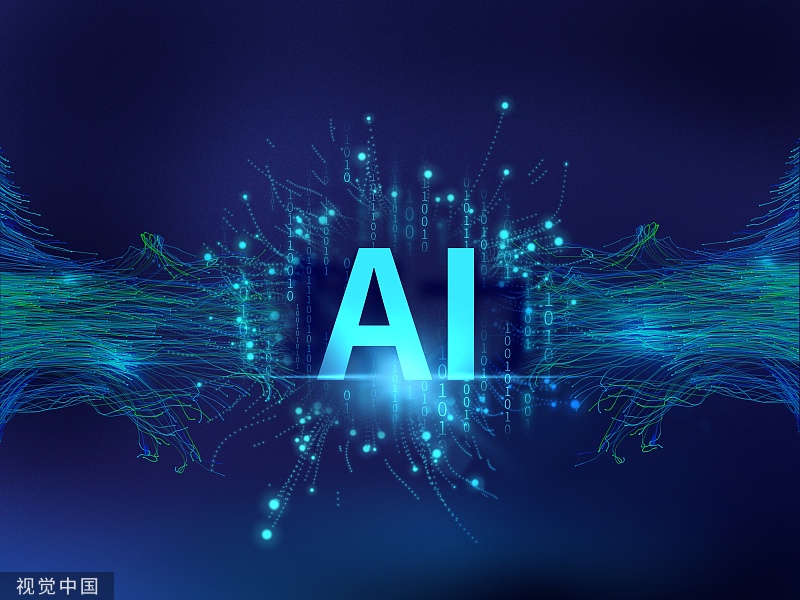AI reshapes race for digital sovereignty


Artificial intelligence is at the core of digital transformation and is set to drive the next phase of productivity growth. However, AI has been politicized ever since the administration of former US president Joe Biden introduced the first export controls on United States-designed semiconductors in 2022.
Restrictions on Chinese 5G network equipment were imposed under the first Donald Trump administration in the name of protecting national security. This stance has since been codified into guidelines and laws of the European Union.
The US' export controls on AI technology are primarily driven by a raw attempt to contain China.
Now, the dominant focus on semiconductors and scaling compute as the primary path to better models and higher intelligence, which makes US hyperscalers pay around $200 billion each year, has been disrupted by China's AI startup DeepSeek, which, like its Chinese peers, only has limited access to advanced Nvidia chips for model training and inference.
DeepSeek was able to optimize compute efficiency across what Jensen Huang, founder and CEO of US semiconductor company Nvidia, defines as the three scaling laws — pre-training scaling, post-training scaling and test-time scaling — without relying solely on sheer computing power for each of them.
Even Europe's tech community, paralyzed by the increasing gap with the US' AI industry, has been inspired by DeepSeek's compute efficiency-driven approach.
The idea has been reinforced that catching up is still possible by focusing on software engineering rather than pouring billions into compute infrastructure.
Yet, Europe's awakening is driven not just by DeepSeek, but primarily by the current US administration turning its back on Europe and former prime minister of Italy Mario Draghi's devastating assessment of the EU's decreasing competitiveness.
The success of DeepSeek also challenges the assumption that strict regulations hinder breakthrough innovation. China enforces stringent regulations to ensure AI safety and security. Yet, its AI ecosystem continues to flourish.
Immediately after his inauguration, Trump revoked his predecessor's executive order on AI as a means of rejecting "overregulation", ensuring the US "develop AI systems that are free from ideological bias" and sustaining US AI leadership for the benefit of American workers.
This shift may still lead to some relaxation in digital regulations in both China and Europe. Europe has withdrawn its long-announced AI Liability Directive and has pledged regulatory "simplification".
Meanwhile, China will continue to pursue an issue-based, sector-focused approach.
In March, the Cyberspace Administration of China announced a new regulation, to take effect in September, requiring that all AI-generated content be clearly labeled to combat misinformation and promote transparency in digital media.
































